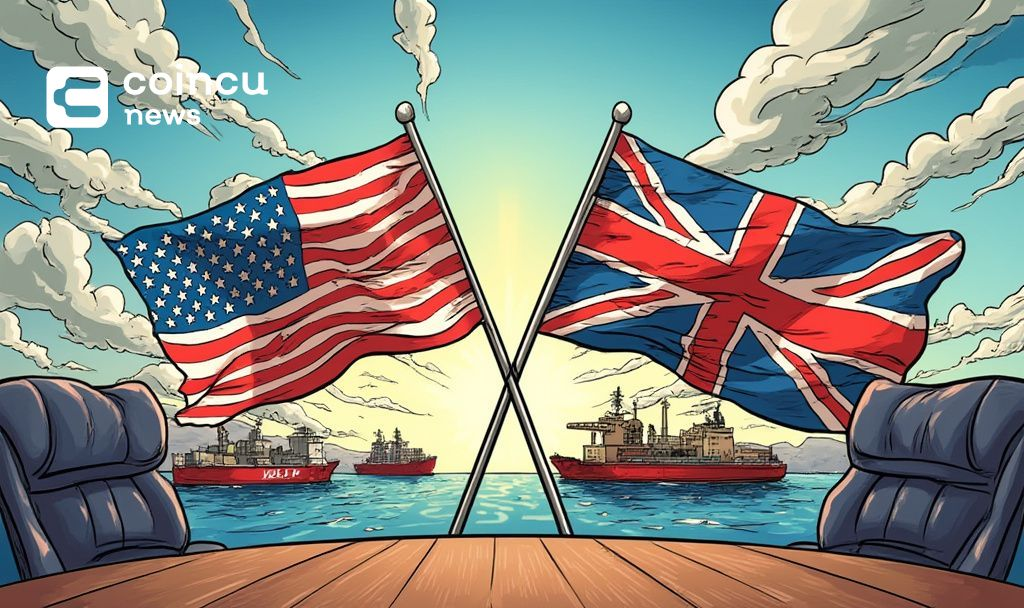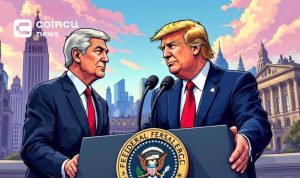- Main event, leadership changes, market impact, financial shifts, or expert insights.
- U.S. and UK in talks over new trade deal.
- Tariffs impact steel and automotive sectors significantly.

U.S. Vice President J.D. Vance confirmed that the United States and the United Kingdom are actively negotiating a new trade agreement, with discussions focusing on reducing tariffs that impact key industries. The negotiations are seen as vital for maintaining strong economic ties between the countries, with particular interest in minimizing tariffs in steel and automotive sectors to support both nations’ economies.
U.S.-UK discussions aim to alleviate tariff-related tensions as a part of a broader strategy to foster economic collaboration, particularly in high-tech and food sectors. High tariffs, currently at 25% on steel and automotive imports, are a major concern. The discussions aim to lower these tariffs, potentially leading to a more balanced trade relationship and paving the way for enhanced cooperation in sectors like artificial intelligence and technology.
U.S.-UK Tariff Discussions Aim to Ease Tensions
U.S. and UK trade representatives are engaged in discussions to alleviate tariff-related tensions. These negotiations are part of a broader strategy to foster economic collaboration, particularly in high-tech and food sectors. High tariffs, currently at 25% on steel and automotive imports, are a major concern.
The tariffs affect exports significantly, with the U.K. facing increased costs for its products entering the U.S. markets. The discussions aim to lower these tariffs, potentially leading to a more balanced trade relationship. This could also pave the way for enhanced cooperation in sectors like artificial intelligence and technology.
Key figures such as Vice President Vance have expressed optimism, remarking on President Trump’s personal affinity for the U.K. In the words of Vance, “We’re certainly working very hard with Keir Starmer’s government. The President really loves the United Kingdom. He loved the Queen, admires the King, and values the business relationships in the U.K.” The U.K.’s favorable negotiation position compared to other EU countries has been highlighted, further solidifying the potential for a beneficial deal. Chancellor Rachel Reeves emphasizes the importance of reaching a favorable agreement during upcoming international meetings.
President Trump’s personal affinity for the U.K. has been consistently demonstrated in past dealings.
Potential Impact of Trade Talks on Steel and Auto Sectors
Historical trade tensions, shaped by President Trump’s “America First” policies, have framed the current negotiations. Previous tariffs on steel and aluminum impacted global markets, prompting diplomatic efforts to amend these economic barriers. Trade between the U.S. and U.K. provides an important model for future economic partnerships.
Experts anticipate potential positive outcomes, with reductions in key tariffs possibly revitalizing industries and contributing to economic growth on both sides. Kevin Hassett, Trump’s top economic advisor, notes the “astonishing progress” being made, suggesting a promising future for bilateral trade relations. These negotiations could set a precedent for how advanced economies tackle trade disputes.
Trump’s top economic advisor remarked on the progress and potential for future economic frameworks.























